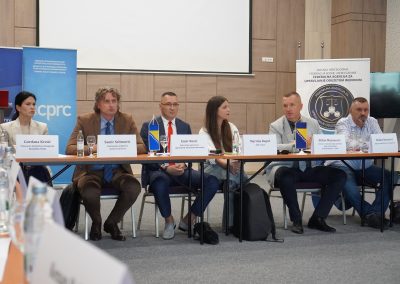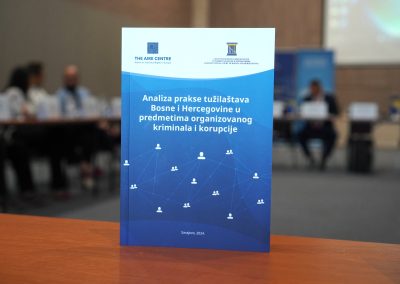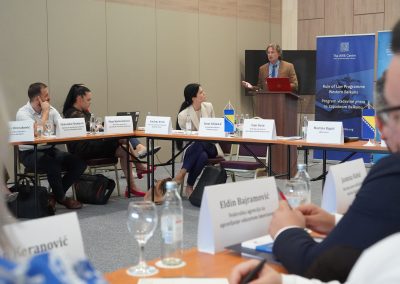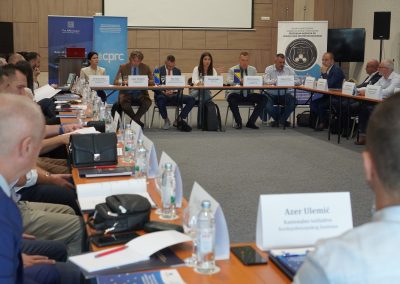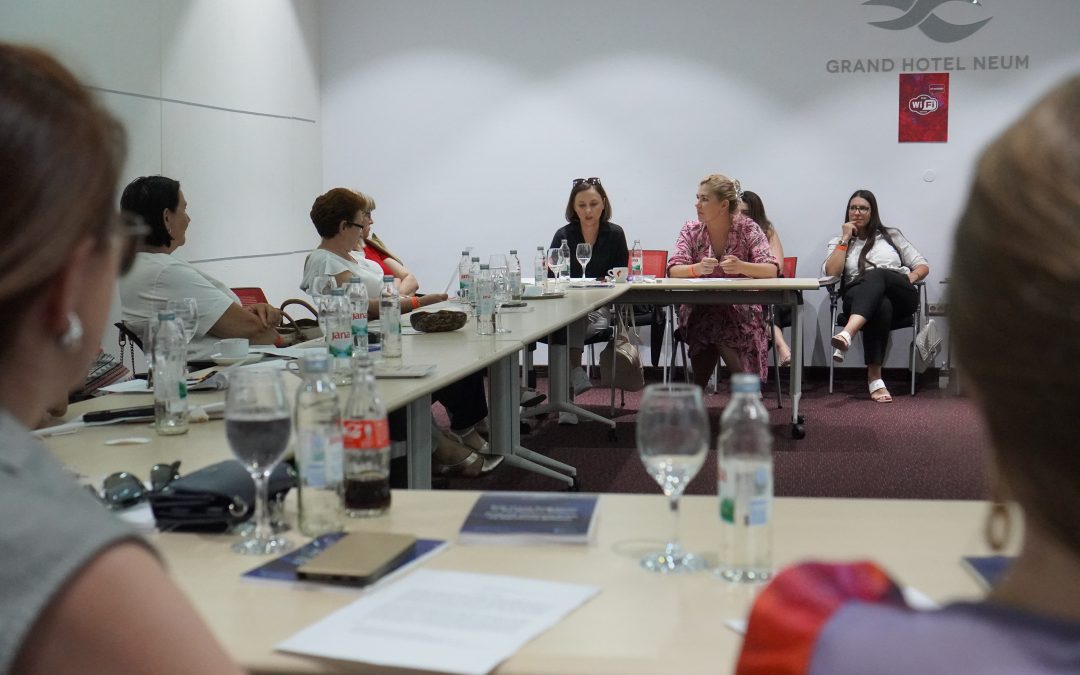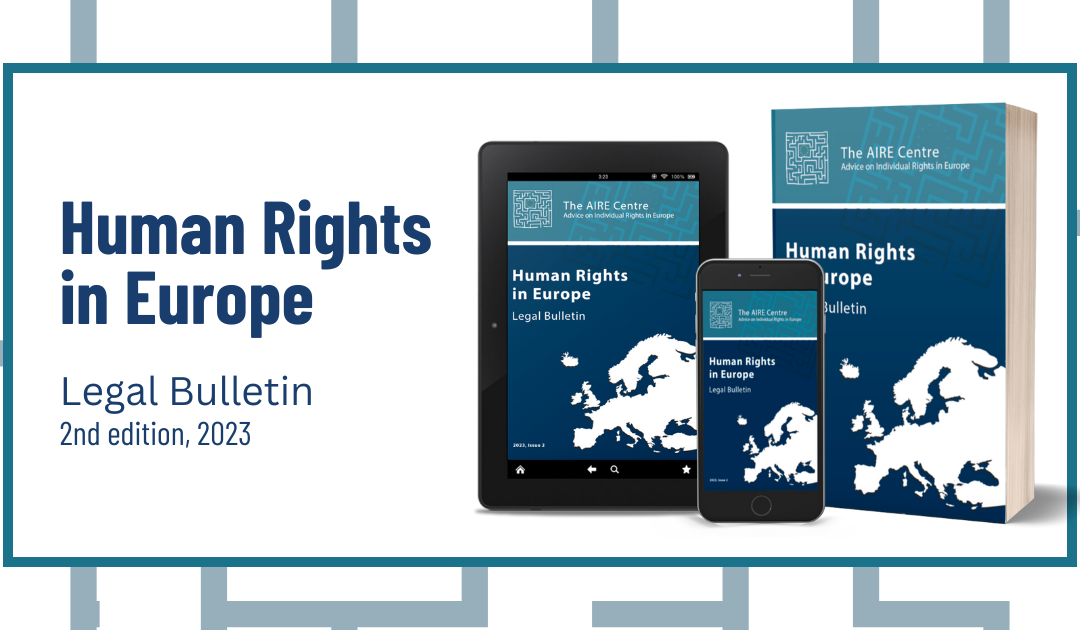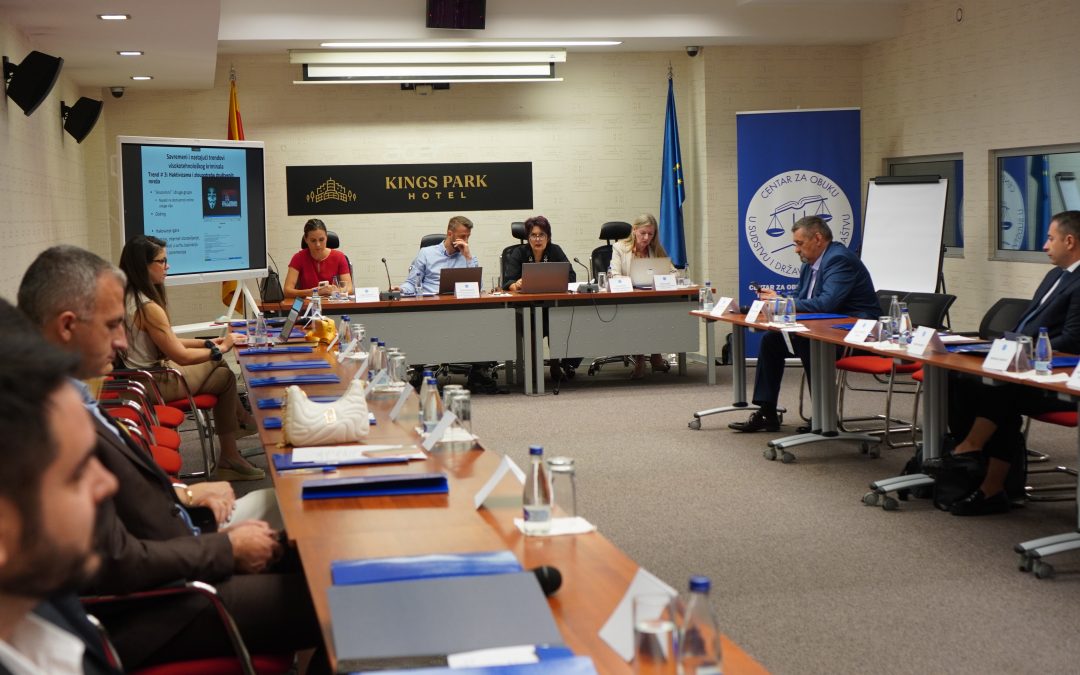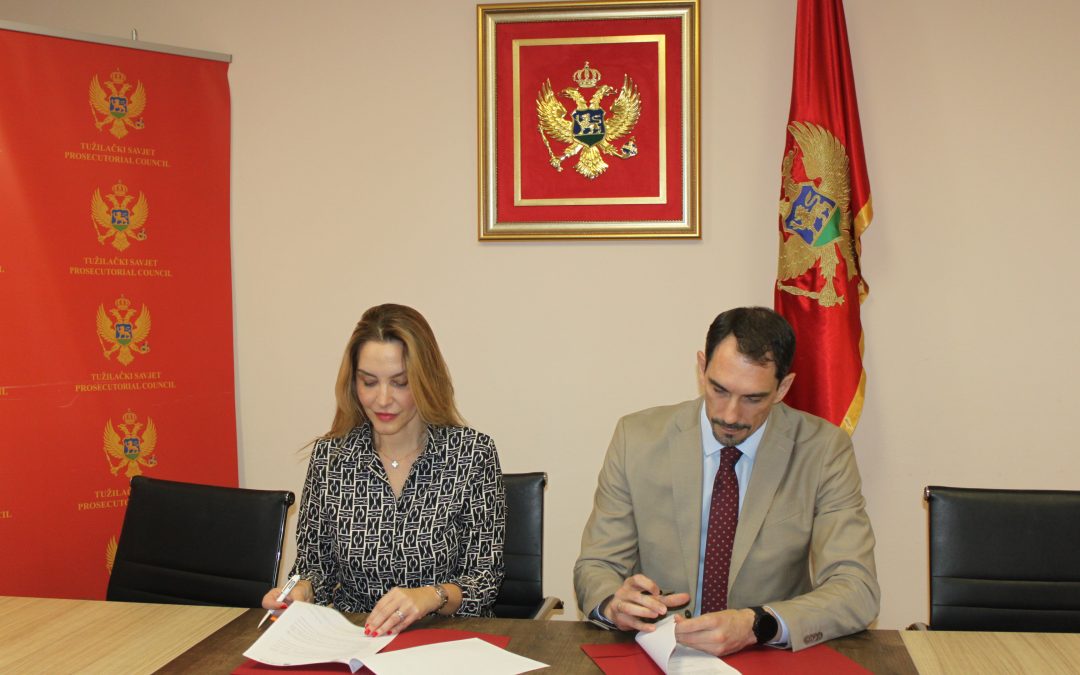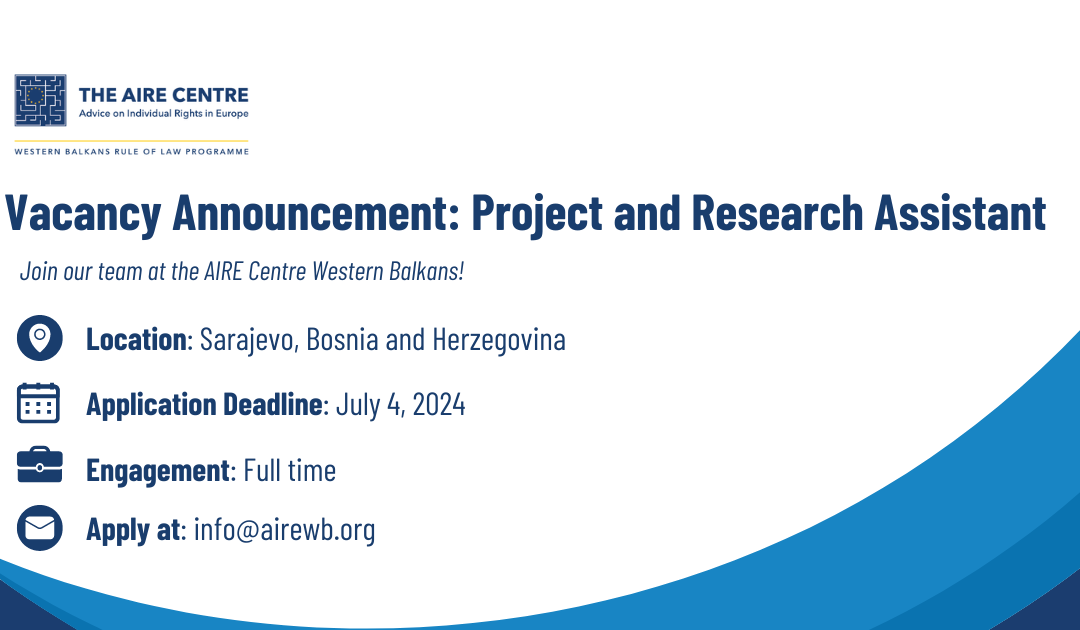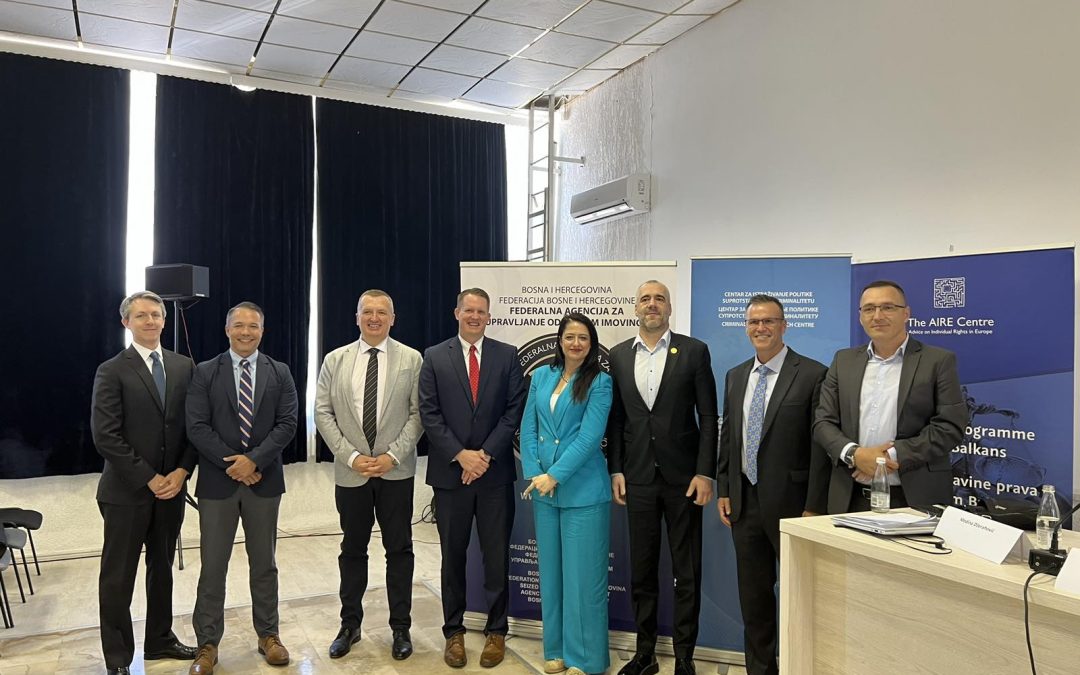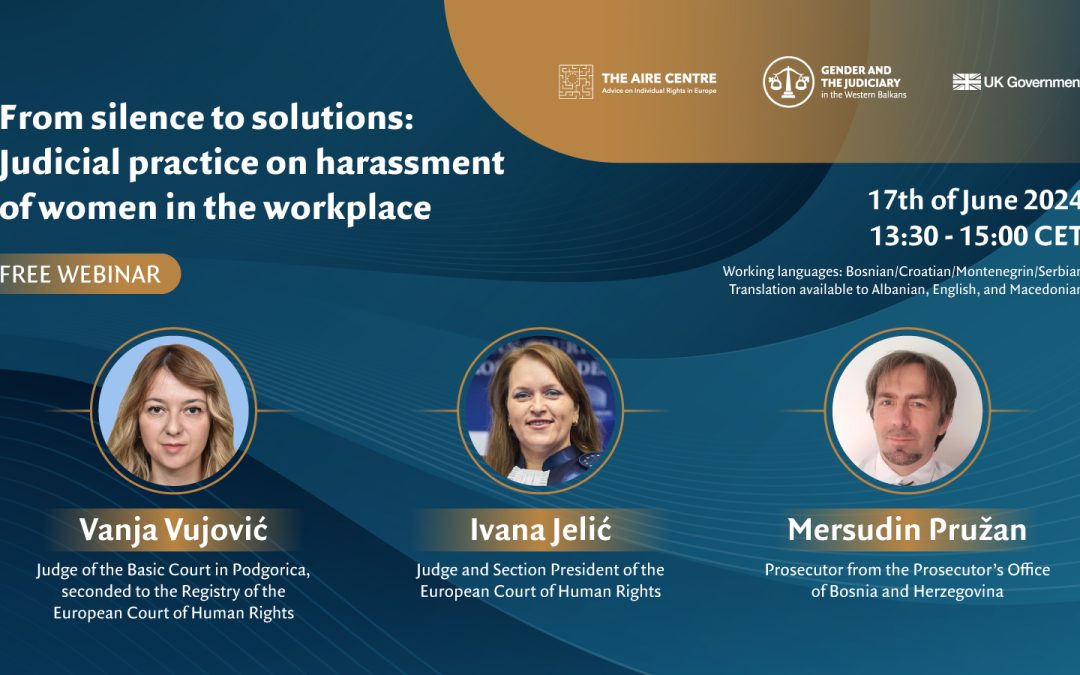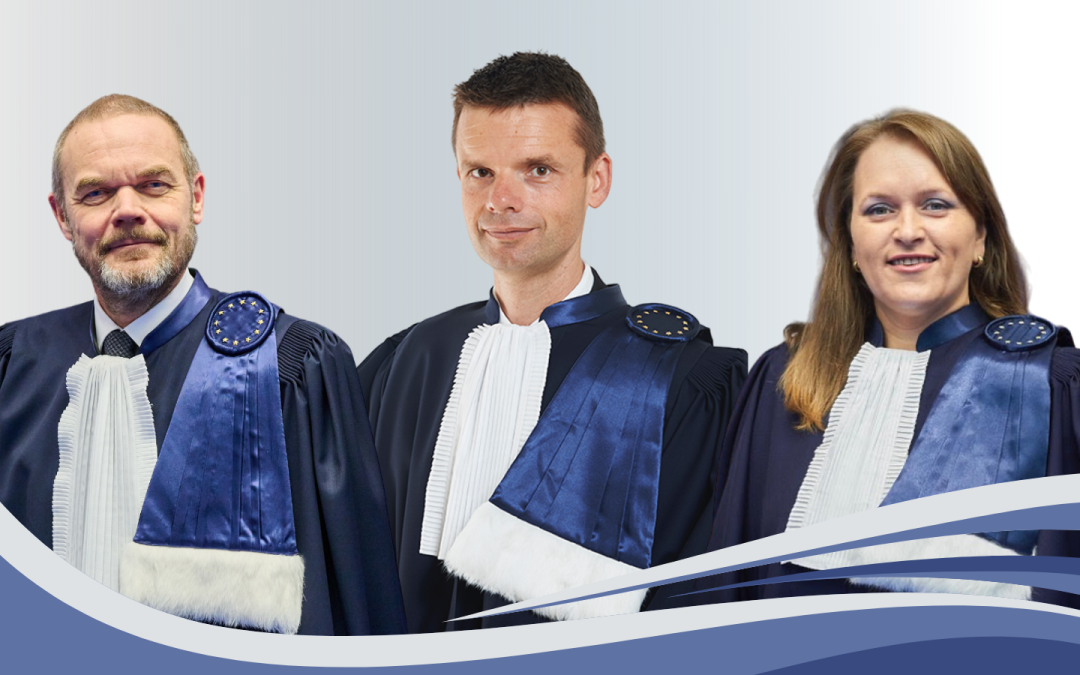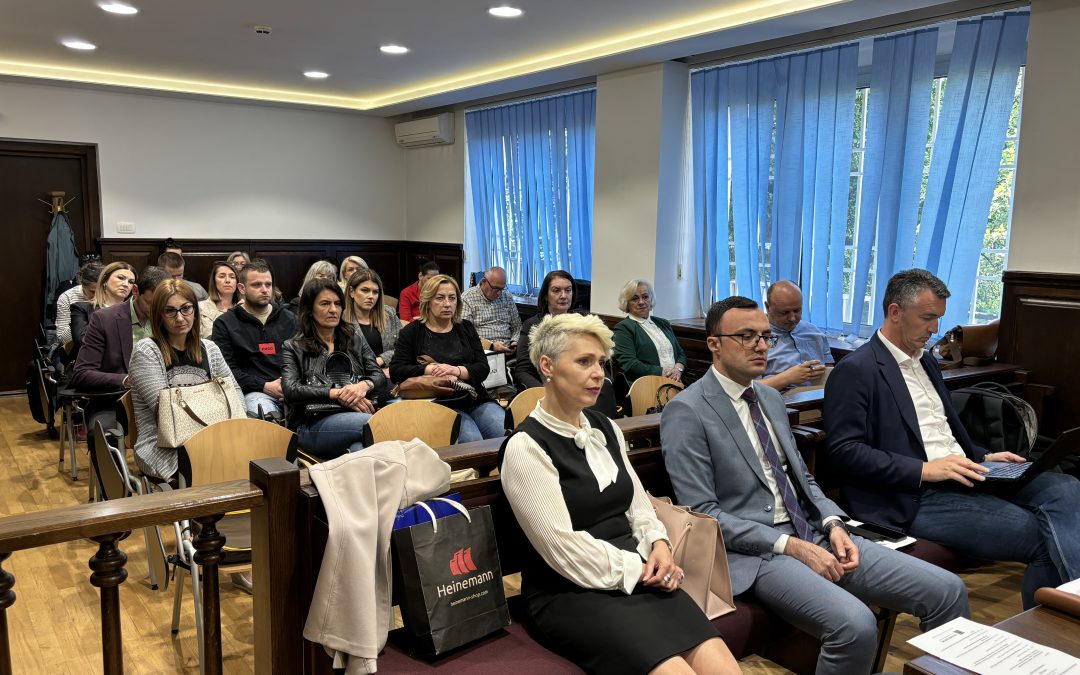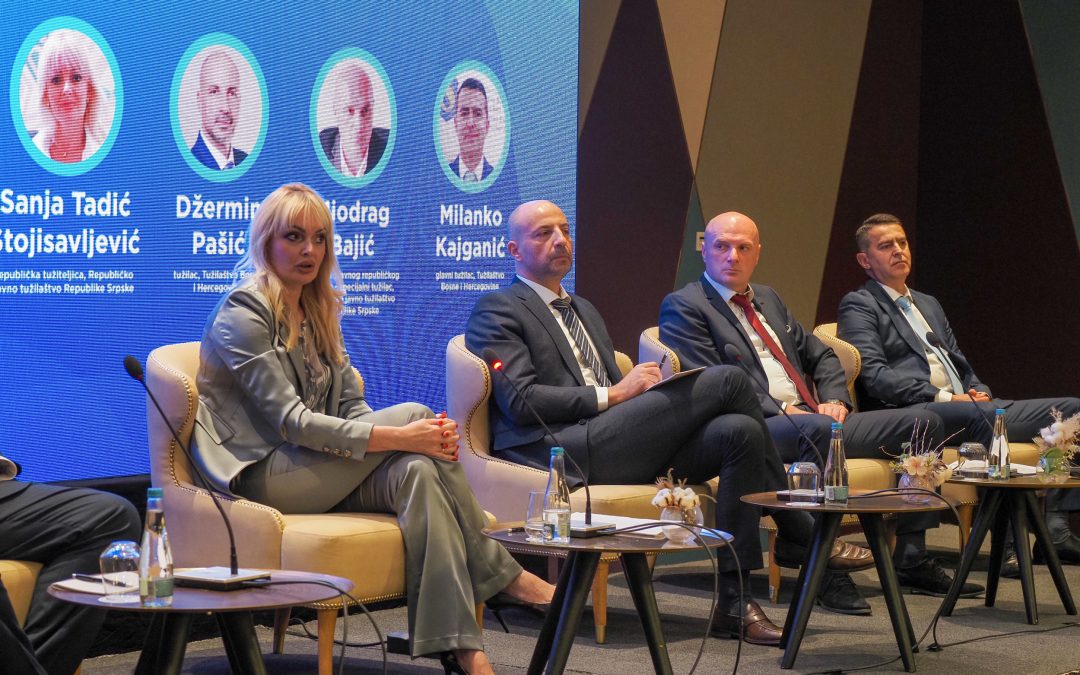The publication offers a detailed analysis of numerous cases, focusing on prosecutorial actions, including investigation methodologies, evidence collection, indictment preparation, and other critical aspects of criminal proceedings. Special emphasis is placed on the prosecution of serious crimes such illicit trafficking and production of narcotic drugs, robbery, extortion, abuse of position or authority, accepting gifts and other forms of benefits, and money laundering.
The research highlights that confiscating illegally obtained assets is one of the most effective tools in the fight against organised crime, though significant challenges remain in its implementation. Inconsistent practices, a shortage of resources, and a lack of expertise, particularly in financial forensics, hinder the effective prosecution of these crimes.
“This research is unique in that it allows prosecutors themselves to provide a direct insight into the judicial battle against organised crime and corruption, to share the practices and challenges they face in prosecuting these cases, and to propose the necessary systemic changes. A major focus was on identifying the obstacles in this process, with the key finding being the systemic lack of forensic financial expertise and the need for financial investigations to run alongside general criminal investigations, as the ultimate goal of these criminal activities is to gain financial benefits”, said Zlatko M. Knežević, a retired judge of the Constitutional Court of BiH and editor of the analysis.
The analysis also addresses new challenges emerging in the modern era, such as digital currencies, artificial intelligence, and encrypted communications, underscoring areas where judicial capacities still need improvement.
“In the Western Balkans, we are seeing increased connectivity and direct cooperation between organised criminal groups, which has been further fueled by technological advancements. Criminals are increasingly using encrypted communication apps to exchange information and plan criminal activities, as well as virtual currencies to launder and conceal illegally obtained money. The AIRE Centre will continue to advocate for faster, more effective, and stronger inter-institutional and international cooperation among judicial bodies. This research has pinpointed key areas that require further attention, and the analysis clearly outlines the steps the judiciary must take to strengthen its capabilities”, said Martina Raguž, Project Manager at the AIRE Centre.
The publication “Analysis of Prosecutorial Practices in BiH in Cases of Organized Crime and Corruption” is available on the official websites of the Constitutional Court of BiH and the AIRE Centre.
